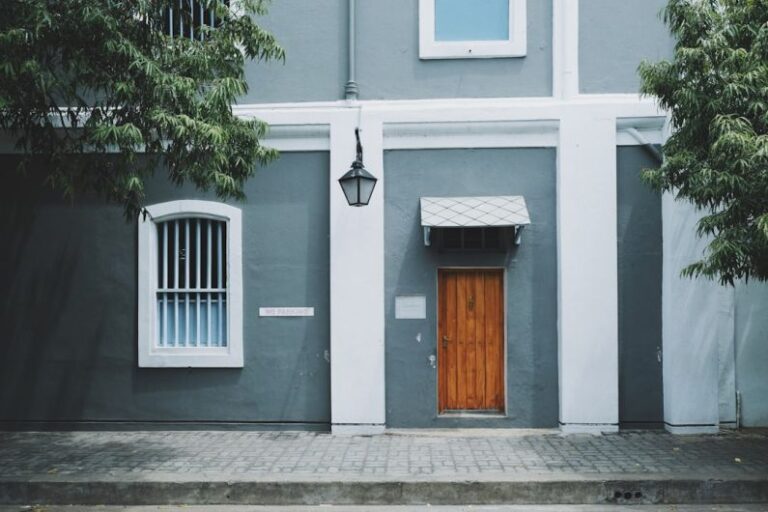
Investing in real estate can be a lucrative venture, and for many, buying foreclosed properties can present a unique opportunity to snag a great deal. However, before diving into the world of foreclosures, it’s crucial to understand the risks involved. While the prospect of purchasing a property below market value may seem appealing, there are several potential pitfalls that buyers should be aware of to make an informed decision.
Understanding Foreclosures
Foreclosure properties are homes that have been repossessed by the lender due to the owner’s inability to make mortgage payments. These properties are typically sold at a discount to recoup the lender’s losses quickly. While this can present a prime opportunity for buyers to acquire a property at a reduced price, it’s essential to recognize the risks associated with purchasing foreclosures.
Risk of Property Condition
One of the significant risks involved in buying foreclosures is the potential for the property to be in poor condition. In many cases, homeowners facing foreclosure may have neglected maintenance and repairs, leading to issues such as water damage, mold, or structural problems. Before purchasing a foreclosure, buyers should conduct a thorough inspection to assess the property’s condition and determine the extent of any necessary repairs or renovations. It’s crucial to factor in the cost of these repairs when evaluating the overall value of the property.
Uncertainty of Property History
Another risk to consider when buying a foreclosure is the uncertainty surrounding the property’s history. Since foreclosed properties are sold as-is, buyers may not have access to detailed information about the property’s maintenance, repairs, or any potential liens or encumbrances. This lack of transparency can lead to unexpected issues down the line, such as outstanding debts or legal complications that could affect the property’s title. Conducting a title search and working with a real estate professional can help mitigate some of these risks by uncovering any potential red flags before completing the purchase.
Competitive Bidding and Financing Challenges
Buying a foreclosure often involves navigating a competitive market, as other investors and buyers may also be vying for the same properties. This can drive up prices and make it challenging to secure a deal at a significant discount. Additionally, financing a foreclosure purchase can be more complex than a traditional real estate transaction, as lenders may have strict requirements or restrictions for financing distressed properties. Buyers should be prepared to act quickly and have their financing in place to increase their chances of successfully acquiring a foreclosure property.
Potential for Hidden Costs
When purchasing a foreclosure, buyers should be aware of the potential for hidden costs that may arise throughout the process. In addition to repairs and renovations, buyers may encounter additional expenses such as property taxes, homeowner association fees, or legal fees associated with clearing any title issues. It’s essential to budget for these potential costs and factor them into the overall cost of acquiring the property to avoid any financial surprises down the road.
Navigating the Risks of Buying Foreclosures
While there are risks involved in buying foreclosures, with careful research and due diligence, investors can mitigate these challenges and capitalize on the opportunities that distressed properties present. By conducting thorough inspections, obtaining professional guidance, and being prepared for the complexities of the foreclosure market, buyers can increase their chances of a successful investment. Despite the risks, buying foreclosures can be a rewarding venture for those willing to put in the time and effort to make informed decisions and maximize the potential of these discounted properties.





